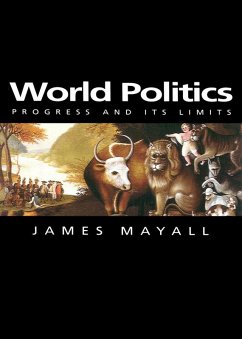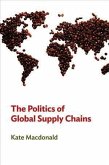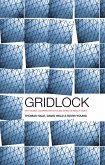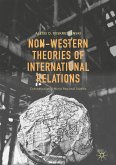At the end of the Cold War, there was much talk of a new world order in which the sovereign state would be held to democratic account, fundamental rights would be respected, and conflict would be replaced by cooperation based on the rule of law. At the start of the new millenium most of this optimism has evaporated.
This book examines why it is so difficult to improve standards of international behaviour and explores the pre-conditions for any realistic attempt to do so. It discusses three major issues that have dominated international debate over the past decade: the tension between sovereignty and national self-determination; the problems associated with the attempt to spread democracy around the world; and the desirability of external intervention in ethnic and religious conflicts.
Rejecting both the unfounded optimism of the early 1990s and the cynical pessimism of more recent years, Professor Mayall points to the strong elements of continuity in international life. He concludes that international society is unlikely to be successfully reformed if governments continue to will progressive ends whilst evading responsibility for their actions.
This book examines why it is so difficult to improve standards of international behaviour and explores the pre-conditions for any realistic attempt to do so. It discusses three major issues that have dominated international debate over the past decade: the tension between sovereignty and national self-determination; the problems associated with the attempt to spread democracy around the world; and the desirability of external intervention in ethnic and religious conflicts.
Rejecting both the unfounded optimism of the early 1990s and the cynical pessimism of more recent years, Professor Mayall points to the strong elements of continuity in international life. He concludes that international society is unlikely to be successfully reformed if governments continue to will progressive ends whilst evading responsibility for their actions.
Dieser Download kann aus rechtlichen Gründen nur mit Rechnungsadresse in D ausgeliefert werden.









